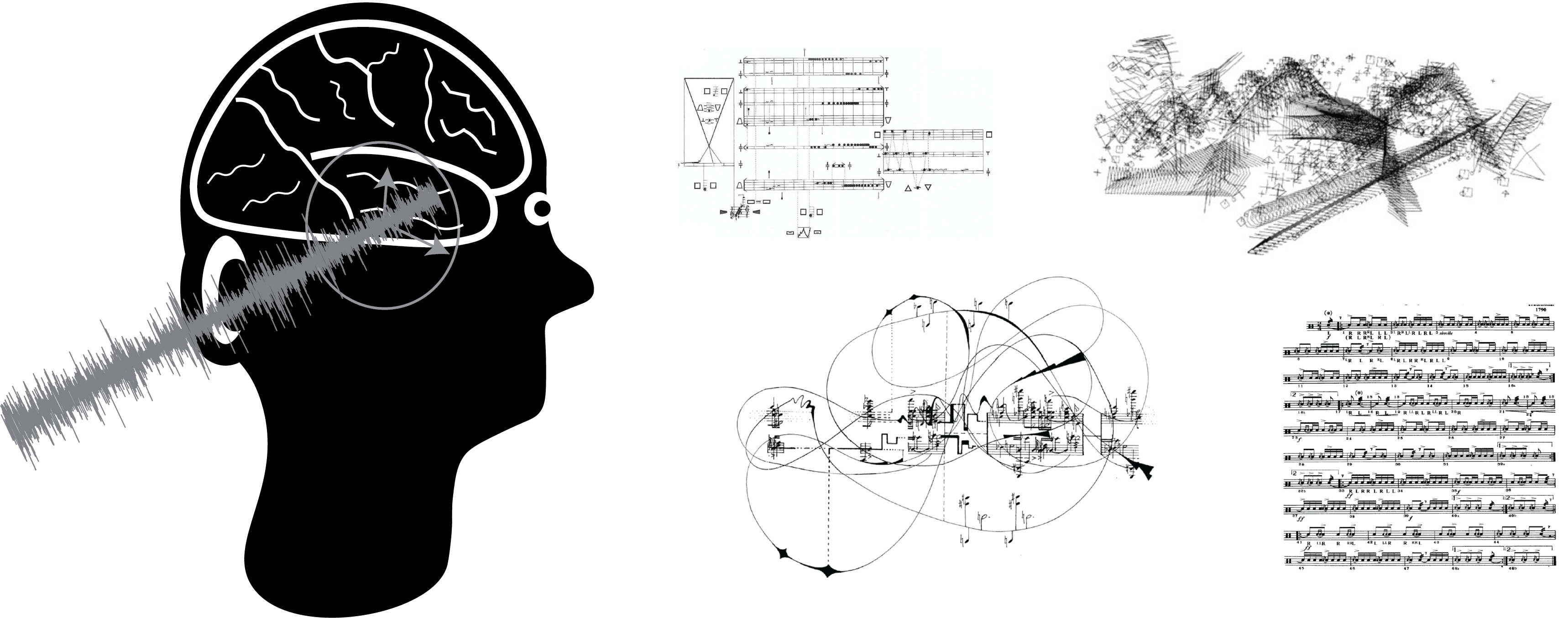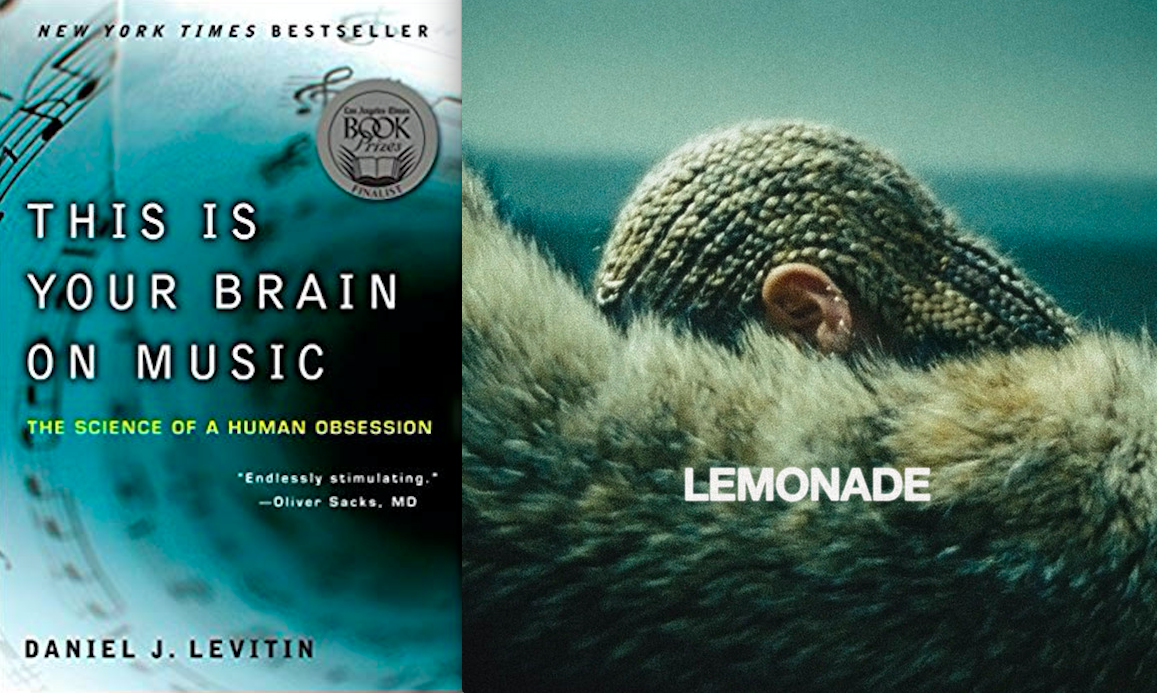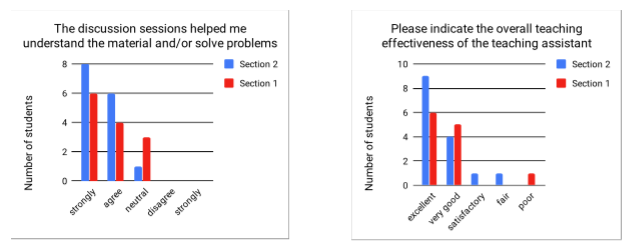Teaching
Teaching philosophy
My responsibility as a lecturer and advisor is to train students to think critically about the information they consume and provide them with the skills to produce their own arguments and knowledge. I aim to equip students with concrete strategies and to inspire the confidence necessary to accomplish the tasks required of them in academia and beyond. In order to do this, I work to create student-centered learning environments that stress the socially-situated nature of knowledge and communication. I also aim to make the often-opaque practices of academia and scholarly writing transparent to my students. Further, I am explicit about my strategies and motivations. I enlist students’ input about what they need from me, how I can meet those needs, whether I am doing so effectively, and whether our communication or working style could be improved. This process encourages students to identify their needs and knowledge gaps – skills that will be crucial for them in becoming independent scholars. Click to read more … .
Courses taught
My current institution - the Max Planck Institute for Empirical Aesthetics - is purely a research institute, however, nearby at the Goethe Universität I have taught in the Institute für Musikwissenschaft. Most recently, I designed and taught a masters seminar:
Musical Time: Psychological and Theoretical Perspectives.
Previously, at the University of California, Davis, I was a teaching assistant for numerous courses.
Courses listed in bold indicate that I was fully responsible for developing the curriculum, teaching, and grading.
Courses are organized according to the department in which they were taught.
Dept. of Neurobiology, Physiology, & Behavior:
- Neurobiology
- Human Brain & Disease
- Neurobiology of Speech
- Psychology of Music
- Research Methods
- Cultural History of the Blues
- Popular Science and Technology Writing
- Visual Rhetoric
University of California Leadership Excellence through Advanced Degrees (UC LEADS)
- Introduction to Research
Reviews
Mentee Testimonals
As both a teaching assistant and a graduate student researcher, I have served as a mentor to a variety of undergraduate students. Letters from some of these students are linked below. All student names have been redacted for privacy; their contact information is available upon request.
- letter from undergraduate mentee (Psychology)
- letter from undergraduate mentee (Music / Neuroscience)
- letter from undergraduate mentee (Neuroscience)
- letter from Neurobiology student for whom I wrote a recommendation letter
Student Ratings
Student ratings and reviews (raw data) from all courses taught are available here.
A concatenated summary of the evaluation data for all courses is presented here, in graphic format. ![]()
Excerpts from Neurobiology discussion section reviews:
“Very good at explaining and answering questions. Direct and concise responses and helpful for those struggling with concepts.”
“She’s an amazing TA, well-versed in the subject and she finds different ways to explain things until they are understood.”
“Lauren’s quirky explanations made a lot more sense most of the time than the professor’s. She is great at clarifying things that were presented in lecture in a non-intuitive manner. I appreciate her efforts and genuine desire to help students understand. She also wears the coolest socks sometimes.”
“Lauren was very funny and helpful. I liked her a lot as a TA and she made it clear which concepts were important and which concepts we were thinking too deeply about for the class. She kept discussion interesting. I would enjoy having her as a TA again! :) Thanks for all your help, Lauren!”
“Thanks so much for your help, for being an amazing TA and for making NPB so much more interesting for me.”
Teaching Certifications
Science Communication Program, American Association for the Advancement of Science. ![]()
Designing an Undergraduate STEM Course, American Association for the Advancement of Science. ![]()
Foundations in Teaching, University of Califonia Davis, Center for Educational Effectiveness. ![]()
Thoughtful Pedagogy for Diverse Learning Environments, University of Califonia Davis, Center for Educational Effectiveness. ![]()
Courses developed
Musical Time: Psychological and Theoretical Perspectives
Music unfolds over time. However, the relationship between clock time (e.g. seconds, minutes) and musical time (e.g. perceived beats, meters, durations) is not constant. Which acoustic properties of the musical signal and which psychological properties of the human mind define our fluctuating perceptions of musical time? How do we form mental expectations about when an event will happen next in music? This course provides an overview of the most pertinent music-theoretic and psychological factors relevant for understanding and predicting temporal perception and expectations in music.

This is your Brain on Beyoncé
An introductory course on music, culture, and mind that relies on Dan Levitan’s book This is your Brain on Music and Beyoncé’s visual album Lemonade as core texts.

